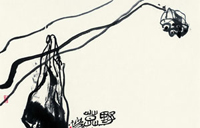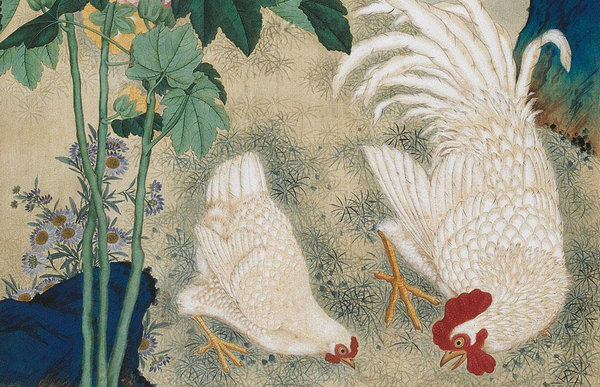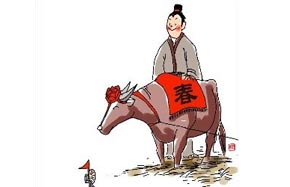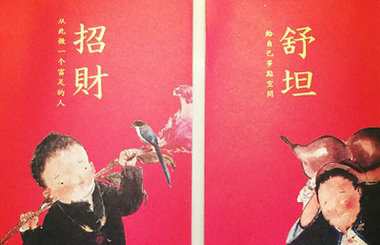Brush captures enduring love
For the next 22 years, the couple kept in touch mostly through correspondence, except for Rao's annual leave. They wrote about 1,000 letters over that time, about half of which are pasted in the albums.
"I had this wooden case with me at that time, for keeping letters from Meitang. I would take them out every once in a while and have a look," said Rao.
|
|
| An artistic autodidact |
|
|
| Underground art, literally |
To increase the family income and raise their five kids, Meitang carried cement, 10 kilograms a bag, for the construction of the Shanghai Natural History Museum.
Rao said he pauses every time he walks past the museum now. "I don't know which step was made of the cement she carried, but I know she carried it for the kids, for the family, and suffered from a lifetime of waist pain, perhaps because of this."
In 1979, Rao returned to Shanghai and became a publishing editor. In 1992, Meitang was diagnosed with diabetes and later Parkinson's disease. Rao stopped working and walked Meitang through the last, and perhaps most painful stage, of her life.
He got up 5 am every day, combed her hair, washed her face, cooked, kept close records of her illness and coaxed her like a child, trying to satisfy whatever she asked.
According to Rao's granddaughter, he would ride his bicycle for hours to buy the rice cake Meitang said she wanted to eat. But when he was back, Meitang had already forgotten about it.
"We have been through all sorts of things. But when we finally settled down together at the end of life, we were again stricken by sickness," he said, quoting Yang Jiang, a famous Chinese scholar, who lost her husband to cancer.
On March 19, 2008, five months before their 60th wedding anniversary, Rao lost Meitang. "I was beside her, a few steps away. I think she saw me, and left a teardrop before she went," said Rao.
Rao made it to Meitang's bed as she passed away, feeling her hand getting cold in his. Rao cut a lock of her hair and kept it at home, tied with a red string.
"I had nothing to regret in my life, did nothing evil, except two things. I was not at my mom's bedside when she was gone, as I was in the war. And I put Meitang through too much misery during those 20 years," he said.
Rao now lives with a yellow cat in an apartment in Shanghai. He spends most of his time recalling their story and taking care of the cat.
The album will be published and put on store shelves in April.

























